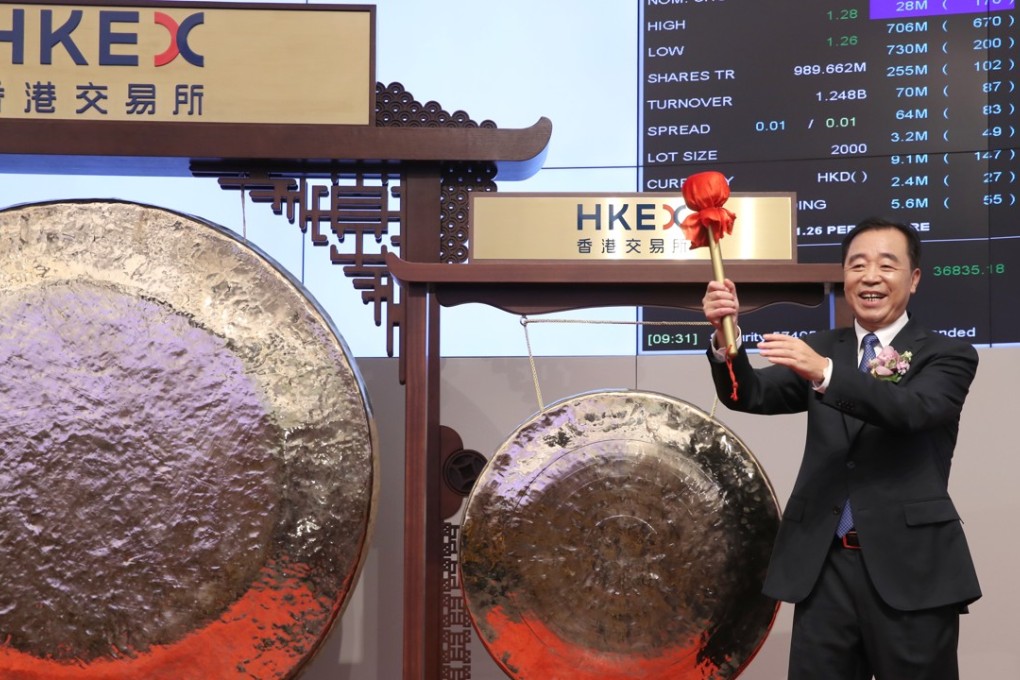China Tower opens with a whimper in Hong Kong debut as investors tire of stock offerings

China Tower, the US$6.9 billion stock sale that has been hogging headlines as the world’s largest initial public offering (IPO) of 2018, opened with a whimper in Hong Kong, extending the trend of lacklustre debuts as investors appear to have grown tired of blockbuster stock sales.
Shares of the Beijing-based company traded for the first time at HK$1.26 each, unchanged from their offer price, even as China Tower offered them at the bottom of a price range.
As many as HK$5.5 billion of shares changed hands, making China Tower the second-most heavily traded issue on the Hong Kong exchange, with the stock’s price swinging between HK$1.26 and HK$1.29 each.
“The IPO size is huge, and it came at a time when liquidity is not abundant in Hong Kong, so it would have been hard for the stock to see a big jump,” said Ronald Wan, chief executive for Partners Capital International. “The public’s enthusiasm for IPOs has also decreased.”
China Tower, which operates the telecommunications towers for the world’s biggest cellular phone networks, raised at least HK$54.3 billion (US$6.9 billion) in its IPO, making it the largest global offering since Postal Savings Bank of China raised US$7.6 billion in 2016.
“I’m happy that our offering has received a good response from global long-term investors, sovereign wealth funds, hedge funds, and Chinese financial institutions,” said the company’s Chairman Tong Jilu during the listing ceremony on Wednesday morning. “They recognised our business model of sharing other companies’ transmission towers.”